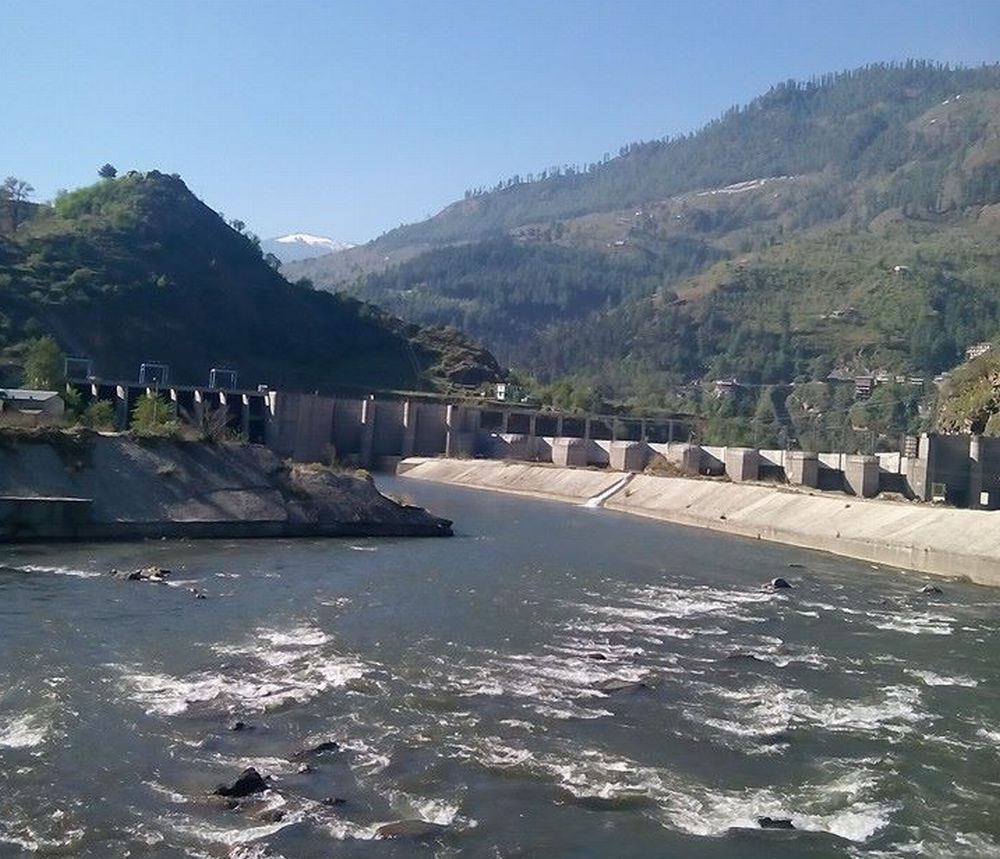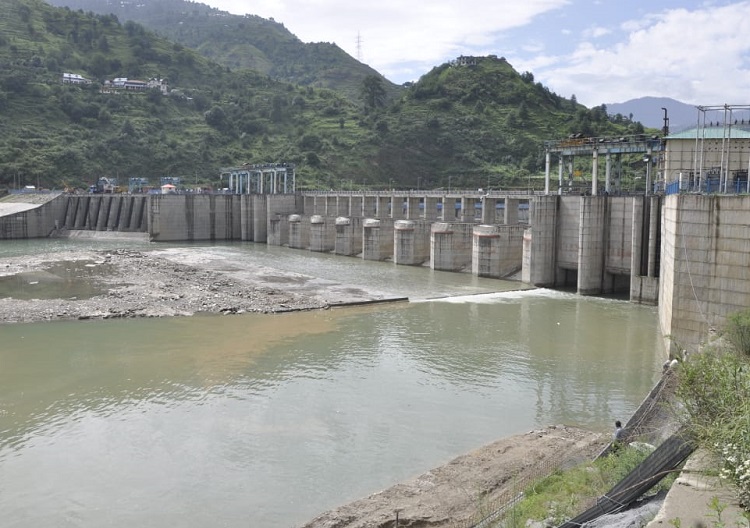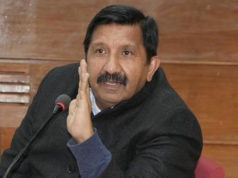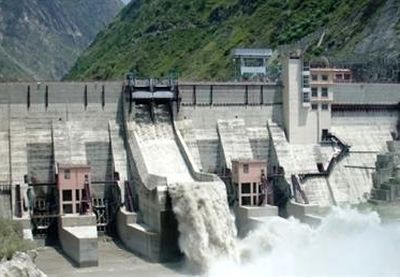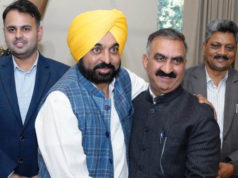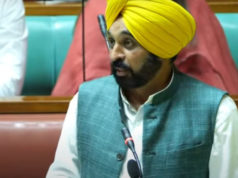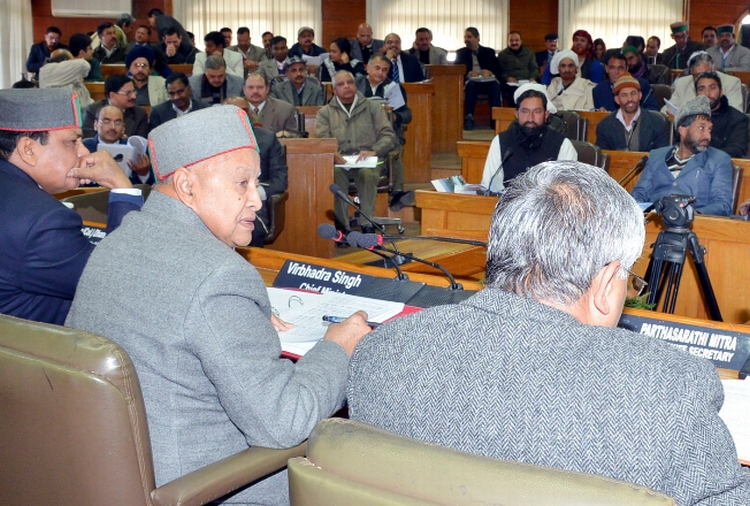Himachal Pradesh’s financial stability is hanging in the balance as a recent mandate by the Central Government threatens to disrupt the state’s revenue streams. The state’s annual income of Rs 2,000 crore, primarily sourced from the Union Government, faces uncertainty.
Himachal Pradesh has faced several natural disasters in recent times, intensifying its reliance on this substantial annual income from the Union Government. However, a decisive directive from the Central Government has now created an atmosphere of uncertainty and contention. The mandate insists on the immediate termination of water cess, which has been collected under the guise of development fees or funds.
Suresh Annepu, Director of the Ministry of Energy, Government of India, has issued a circular to all states, including Himachal Pradesh, outlining concerns regarding unauthorized charges on electricity generated from various sources. These charges, often veiled as development or fund collections, have been labelled unconstitutional by the Central Government.
The circular reinforces the government’s legal standpoint on the matter, particularly addressing the water cess imposed by some states. It reiterates that states are authorized to impose taxes on the sale or consumption of electricity but emphatically disallows any additional taxes or fees associated with its production.
This conflict raises a fundamental issue concerning the inter-state distribution of electricity. Since electricity generated in one state is frequently consumed in another, Article 286 of the Constitution explicitly prohibits any state from imposing taxes or fees on the residents of another state. This article stipulates that states are not permitted to impose taxes on goods and services when the supply occurs outside their territorial boundaries. Additionally, Articles 287 and 288 of the Constitution bar the imposition of taxes on electricity consumed by or sold to the Central Government by a state or any other agency.
Himachal Pradesh, under the governance of the Sukhwinder Singh Sukhu administration, had introduced water cess on 175 power projects. To manage and regulate this source of revenue, the state government established a dedicated Water Cess Commission, which has been diligently sending out bills. Private enterprises, as well as companies operating multiple power projects in the state, have dutifully complied with these regulations, depositing the requisite funds.
The ensuing debate between Himachal Pradesh’s ambition to bolster its revenue streams and the Central Government’s resolute stance against unconstitutional charges for electricity generation has escalated significantly. As the legal and constitutional aspects of this matter continue to unfold, the state of Himachal Pradesh, alongside other regions affected by this directive, awaits a final resolution with bated breath.
The ongoing clash between the Central Government and Himachal Pradesh over revenue distribution is poised to reshape the landscape of state finances, potentially leading to significant changes in revenue collection practices nationwide.


